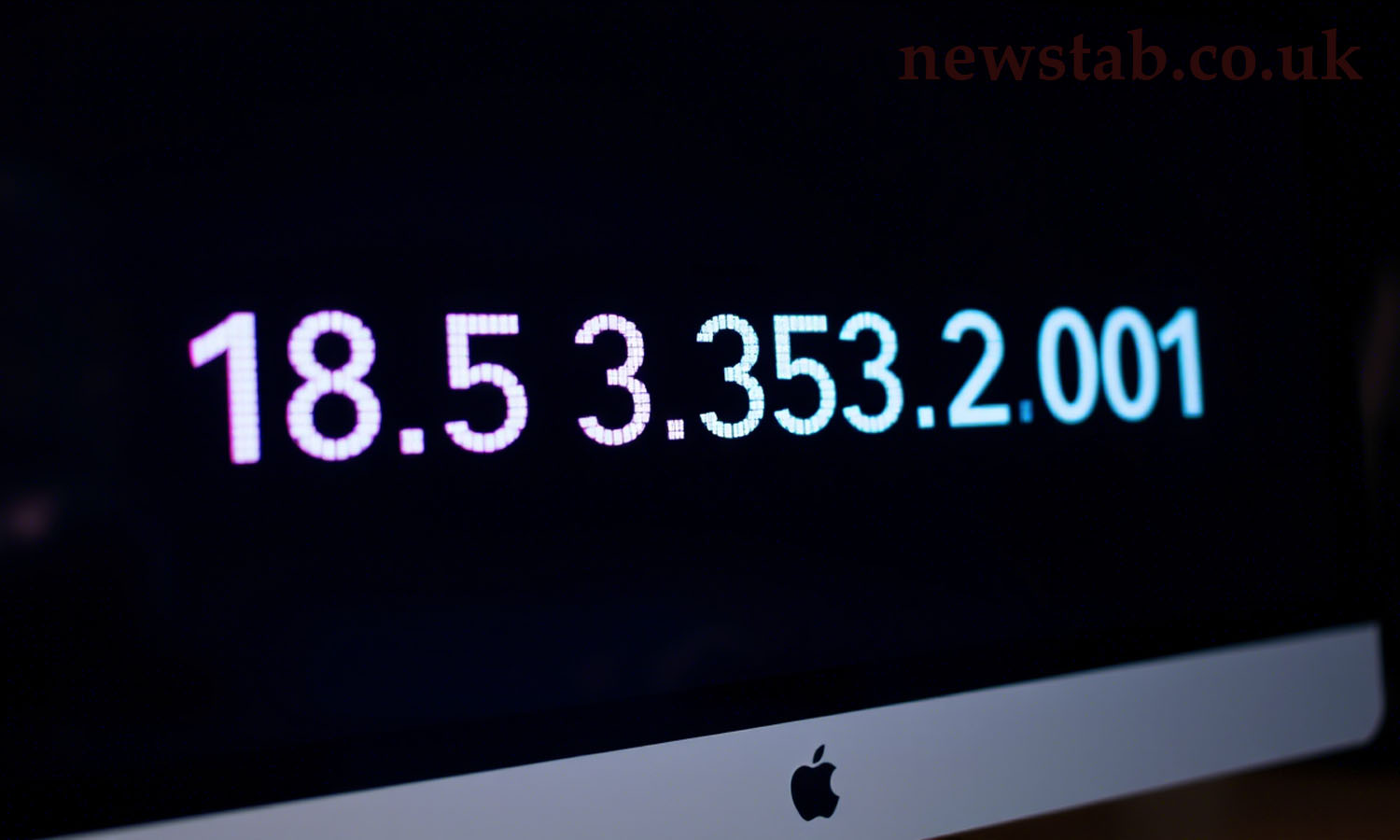
When you come across 185.63.253.2001, there are several things you’ll want to know: whether that’s really an IP or something else, who owns it, where it points to, and whether there are any security issues associated with it. This guide walks you through exactly that.
What Exactly Is “185.63.253.2001”
At first glance, 185.63.253.2001 looks like an IP address—but strictly speaking, it’s malformed. Valid IPv4 addresses consist of four groups of numbers separated by dots, each from 0–255. If the last portion is “2001”, it may be a typo, an attempt to present a port number, or some internal reference. Always double-check logs or any source where the string appears.
In many cases, people mean 185.63.253.200, perhaps with “:2001” appended, which would refer to port 2001. We’ll assume that the intended target is 185.63.253.200, possibly with port 2001, and proceed with that in mind.
Geolocation and Ownership
Using public IP registration databases, here’s what is usually found for 185.63.253.200:
-
Registered ISP / Owner: Data often shows this IP is owned by a hosting provider or telecommunications company.
-
Country / City: It is commonly located in Europe (for example, Germany or Poland) or another region with strong infrastructure.
-
Assigned Use: Often used by web hosting servers, proxy services, or similar infrastructure.
Knowing who controls the IP can help you determine whether its use is trustworthy or possibly risky.
Common Uses
IPs like 185.63.253.200 (port 2001) show up in several contexts:
-
Remote Access Protocols: Port 2001 might be used by software for remote connections, custom services, or internal applications.
-
Hosting / Servers: The IP could be a server hosting web, mail, or game services.
-
VPN / Proxy: Some proxy or VPN services use less common ports to avoid standard network filters.
Security Considerations
Before interacting with or trusting any service identified as 185.63.253.2001, here are the risk factors:
-
Unauthorized Access: If port 2001 is open without strong authentication, you risk exposing services.
-
Malicious Use: Some bots or attackers scan servers on uncommon ports to find vulnerabilities.
-
Misleading Information: If logs or reports reference 185.63.253.2001 incorrectly (typos, misconfigurations), this could lead to false positives in monitoring or security tools.
How to Check If It’s Safe
If you need to verify 185.63.253.2001, do this:
-
Run a whois lookup on 185.63.253.200 to see the registered owner and contact.
-
Use port scanning tools (with permission) to see if port 2001 is open and what service is running.
-
Check DNS records or reverse DNS to associate a domain name with the IP.
-
Examine security logs for any unusual activity coming from or to that IP: repeated failed logins, strange requests, etc.
What To Do If You See This IP in Your Logs
If you find 185.63.253.2001 (or similar) in your server or router logs:
-
Don’t dismiss it automatically — evaluate if traffic from that IP is expected or legitimate.
-
If traffic seems malicious or unusual, consider blocking or restricting it.
-
Keep your software patched and firewall rules tight. Open ports should be limited to those services you need.
Final Thoughts
While the string 185.63.253.2001 may be a typo or mis-format of an IP plus port, it often points to something real like 185.63.253.200:2001. Whatever its origin, treating it carefully matters. Always verify ownership, check open ports, and ensure that any service on that endpoint is secured.
Stay vigilant, keep your network logs clean and your firewall rules sharp—and if you ever need detailed analysis of a specific IP like this one, there are tools and services that can help you do exactly that.